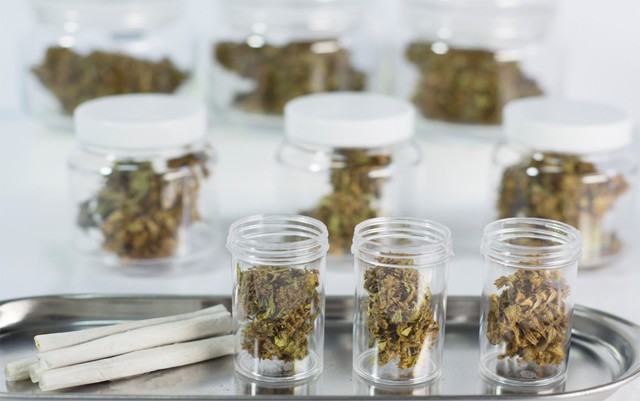Those working to design the regulations outlining the new medical marijuana program in Pennsylvania have been working ever since the day after the Governor signed the bill. They had already been looking to other states where medical marijuana is legal for an idea of best practices, what doesn’t work and they have already started drafting the first set of temporary regulations that are expected to be posted by the end of July.
As with any new industry it is going to take time to get it off the ground – they are expecting around 18-24 months at least before patients will be able to access medical marijuana in the state. However, as a way to thank the parents who fought so hard for this bill to pass, children will be able to register with the state and access medical marijuana from other states with similar programs, the main reason for the temporary draft of the regulations.
Pennsylvania Health Secretary Dr. Karen Murphy said, “The drafters of the legislation, as well as the governor as well as the Department of Health, wanted to be sure that we assisted these parents that really were instrumental in supporting this legislation.”
The draft should be available shortly after they hire a Medical Marijuana Program Director, which should happen in mid-July, and patients under 18 will be given instructions on how to register. While this may not help all patients, it is good to see the lawmakers taking this so seriously and providing access for the children for whom they passed the bill, even when it’s not making the state much, if any money.
“It is discouraging to hear that it is 18-24 months for adults, but the fact that they’re out talking about this, so soon after the law was passed, is really great news for patients and advocates,” Chorno (medical marijuana attorney) said.
That statement couldn’t be truer – and adult patients seem to be alright with allowing children early access while they wait. The truth is, a medical marijuana program is not something that can be implemented within only a couple months – at least not without a lot of unnecessary chaos and frustration for patients, lawmakers and industry workers alike. Taking their time to come up with all their regulations and licensing requirements and working towards the goal of a solid industry that will serve patients efficiently is important.
The state is hoping to be taking applications for cultivators by the end of this year (of which they will approve only 25), which means processors, distributors and dispensaries should follow shortly after. If everything runs smoothly, the full program will be available to patients as soon as November of 2017. Hopefully they continue with the momentum they have had since the bill was signed into law and patients will have access before the end of next year.






